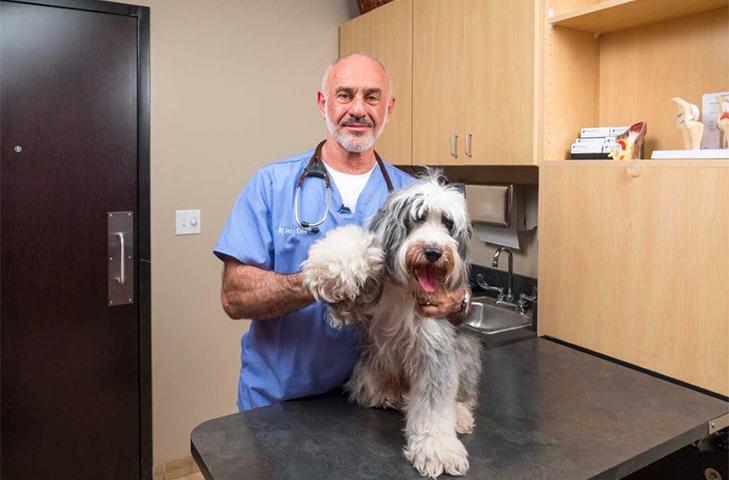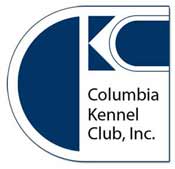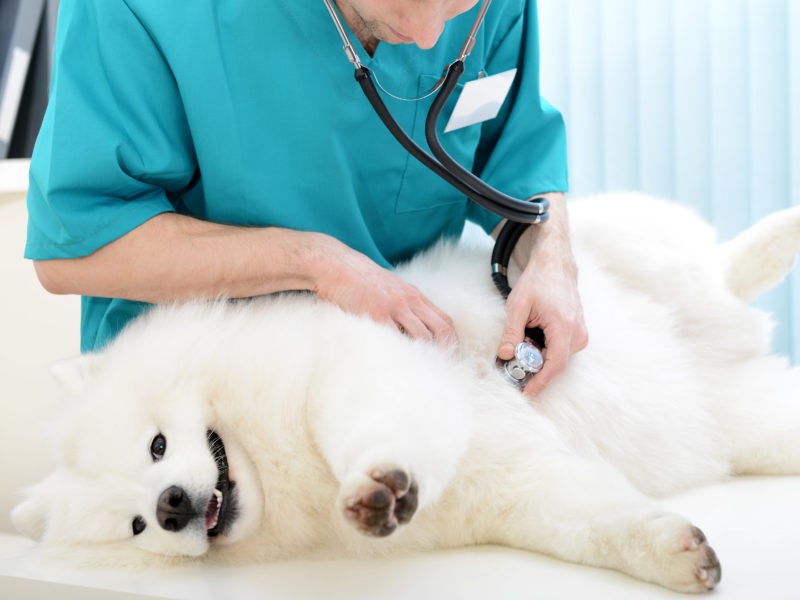What Does Responsible Dog Ownership Mean?

Alexandra Anastasio
October 4, 2018
Theriogenology Residency Program
January 3, 2019What Does Responsible Dog Ownership Mean?

By Dr. Jerry Klein, CVO
Oct 4, 2018
- responsible dog ownership day
- health
So, you think you want a dog? Before adding a canine companion to your family, you should give careful thought to what it means to be a responsible dog owner. I know I had to.
When I was a little kid, my family was not animal-oriented, but I was obsessed with animals, especially dogs. I was annoyingly persistent in asking my parents for a puppy, and they gave me every reason why we should not get one. It took almost a year, but I finally convinced them that I was responsible enough to take care of a dog.
At the time, I thought my parents were annoying, but as a veterinarian, I have often thought that more people should carefully consider all of the responsibilities that come with pet ownership before purchasing a pup.
Considerations
Whether you are buying a dog, a cat, or a goldfish, bringing another living creature into your life requires commitment. Here are some questions to consider if you’re thinking about getting a dog:
- Do I have the time to train, care for, and engage with a dog?
- Is my lifestyle conducive to being responsible for a dog?
- Is my home appropriate for the type of dog I want?
- Do I have the time and space to exercise the dog?
- Is someone available at regular times every day to feed and walk the dog?
- Do I have the time to provide mental stimulation for the dog at a level that is appropriate for its breed and personality?
- Do I have the financial resources to cover expenses related to having a dog? Expenses can include:
- Food
- Grooming
- Training
- Boarding
- Annual veterinary visits for wellness care (every 6 months after age seven)
- Expenses related to illness or injury
- Pet insurance
What Type of Dog Fits Me?

Once you decide to acquire a dog, careful consideration should be given to the type or breed of dog that you want. Different dog breeds have a variety of personalities, energy levels, and physical characteristics. Responsibilities such as coat maintenance and satisfying energy levels can become frustrating if they are incompatible with your lifestyle.
For example, if you are not very active, live in a small apartment, or are bothered by dog hair on your clothes or furniture, then lively dogs that shed are probably not a good fit for you. If you have small children or plan on having children in the near future, small dogs may not be a good choice, as they can be easily frightened by active kids.
Purebred dogs are ideal for first-time owners, as they are dependable in their physical and personality characteristics. For much of my life, I bred Afghan Hounds. I love the breed, but I know it’s not for everyone. Whenever I sold a puppy, I made sure that the prospective owner understood the characteristics of the breed and had proper expectations. Someone looking for the endless devotion of a Golden Retriever might not want the refinement and aloofness of an Afghan Hound. Too often, when personality traits and physical characteristics don’t match an owner’s expectations, the dog ends up in a shelter.
Responsible Dog Ownership
Once you decide to add a dog to your life, it’s important to find a responsible breeder or shelter. They will often make sure that you are able to care for the dog and that the breed will fit your lifestyle.
Acquiring your dog from a responsible breeder allows you to have a better understanding of his genetic characteristics, including personality, coat, and potential health issues. Responsible breeders follow the guidelines of the Canine Health Information Center and conduct recommended genetic testing of the parents to reduce the risk of inherited diseases.
Once you bring your dog home, you will need to incorporate him into you life and make time to care for him. Responsible dog owners should:
- Microchip their dog and give him a collar that fits, with a tag that has his name, address, and owner’s phone number. They should then enroll the dog in AKC Reunite, the nation’s largest database of microchipped pets, which helps return lost pups to their owners.
- Provide a healthy, well balanced diet in consultation with their breeder and veterinarian. No table scraps! Veterinarians can provide guidance to help keep a dog at an appropriate weight.
- Make certain that their dog receives adequate training. Many pet stores and some veterinary offices provide classes.
- Exercise their dog daily. The level of physical exercise needed varies by breed, but all dogs need some exercise. Lack of exercise can lead to boredom, behavior problems, and weight gain.
- Provide mental stimulation for their dog. Canine companions like to have a job. Toys, puzzles, and play are great ways to keep a dog mentally stimulated and out of trouble.
- Groom their dog regularly. Some dogs require monthly grooming. All dogs should be brushed and have their nails trimmed routinely.
- Schedule annual checkups for their dog and keep his vaccinations up-to-date. Senior dogs (older than seven years of age) or dogs with health problems should see their veterinarian every six months. Veterinarians can help determine which vaccinations are best for a dog based on his health, lifestyle, and living conditions. All dogs are required by law to be vaccinated against rabies.
- Make certain that their dog is not a nuisance to others. Always keep him on a leash and under the control of a responsible adult when outside of the yard. Pick up dog waste and do your best to minimize barking.


